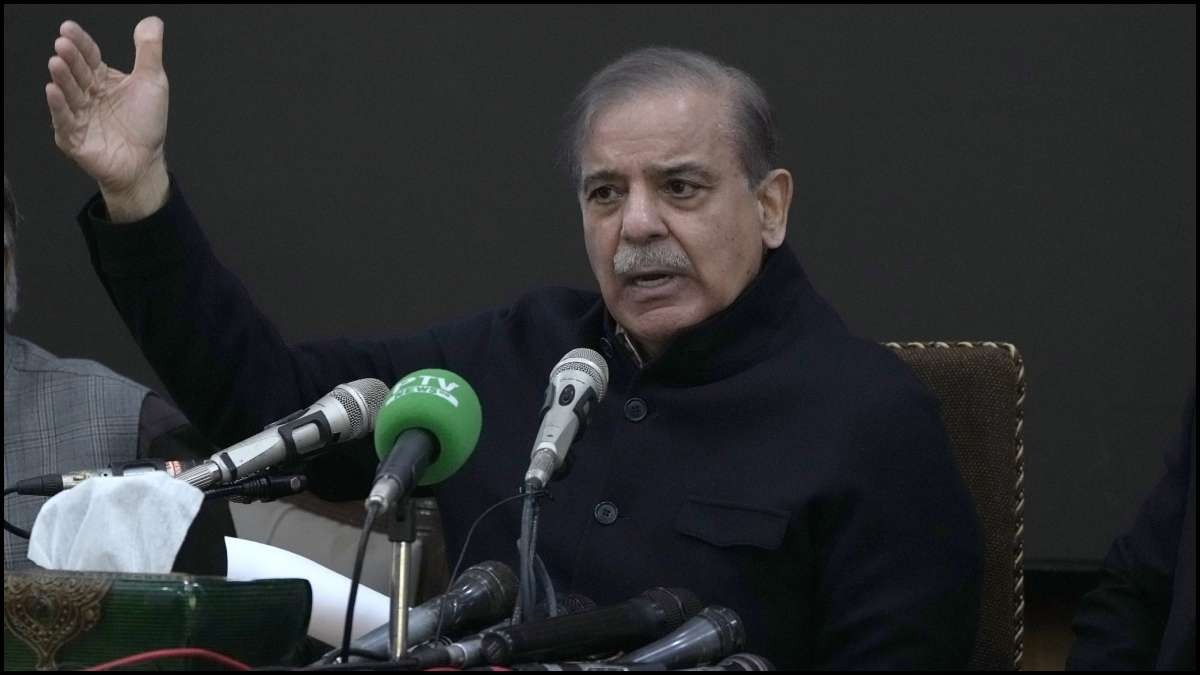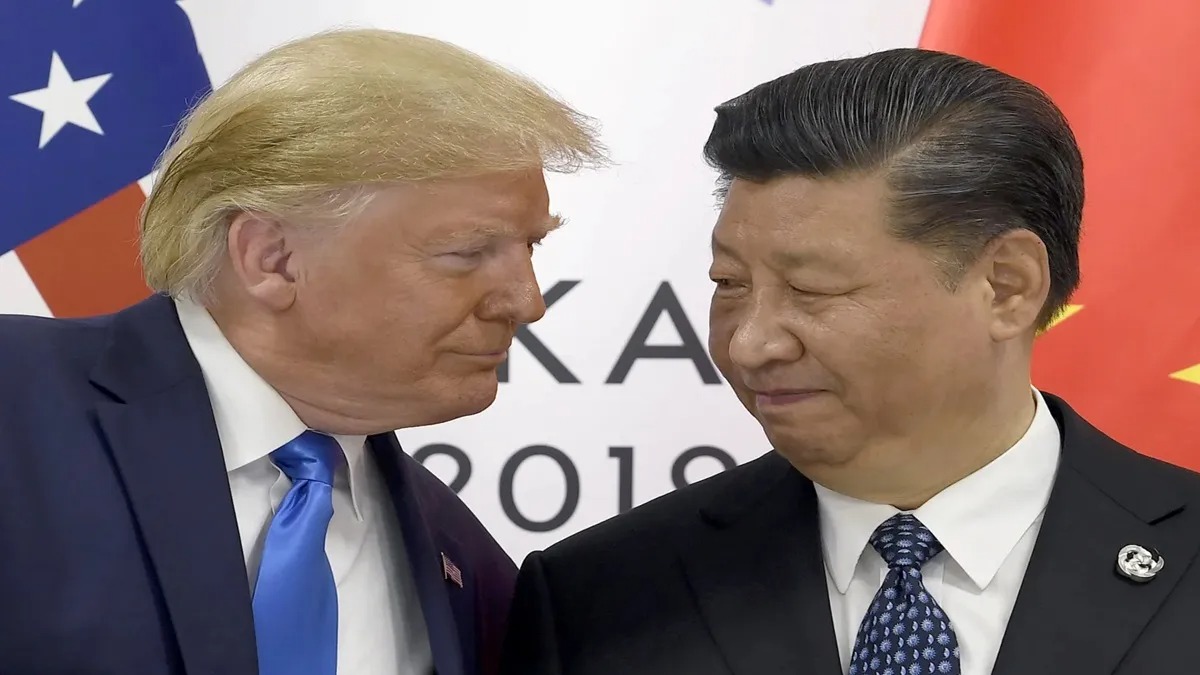
International: In a major relief to former PM Nawaz Sharif, Pakistan's Supreme Court in a unanimous decision on Friday reinstated the changes in the country's anti-corruption laws that had benefited several leading politicians, including the Pakistan Muslim League-Nawaz (PML-N) supremo. The court overturned a previous ruling that nullified amendments to the National Accountability Bureau (NAB) laws that restored corruption cases against public representatives.
Chief Justice of Pakistan (CJP) Qazi Faez Isa pronounced the verdict reserved by a five-member bench on June 6 after hearing intra-court appeals (ICAs) filed by the federal government and other parties. Notably, the NAB laws were amended in May 2023 by the previous government led by Shehbaz Sharif. The step was criticised by Imran Khan's Pakistan Tehreek-e-Insaf (PTI) as it led to the withdrawal of corruption cases against leading politicians like Asif Ali Zardari, Shehbaz Sharif and his brother Nawaz Sharif.
Imran Khan had challenged the amendments in the Supreme Court last year, which annulled the changes in September 2023. According to the verdict on Friday, the court ruled by consensus in favour of the appeal and restored the amendments which were earlier declared unconstitutional.
What did the court say on NAB laws?
In today’s verdict, Pakistan's apex court observed that the chief justice and other judges “cannot be the gatekeepers of the parliament”. It also said that Imran's earlier petition failed to prove that the NAB amendments were in violation of the constitution, Dawn reported.
Notably, the Pakistan Supreme Court's verdict on September 15, 2023, had restored corruption cases against public representatives, with prominent politicians who allegedly benefited from the amendments being likely to face cases again. The previous government led by Shehbaz introduced several changes to the National Accountability Ordinance (NAO), 1999, just as Nawaz Sharif was returning from his exile in London.
What the amendments proposed?
The amendments proposed reducing the term of the NAB chairman and prosecutor general to three years, limiting NAB’s jurisdiction to cases involving over Rs 500 million, and transferring all pending inquiries, investigations, and trials to the relevant authorities. On June 6, the five-member bench had reserved its ruling on the federal government’s intra-court appeal against the Sept 15 verdict
Imran Khan had moved the Pakistan Supreme Court on June 25, 2022, saying they would "virtually eliminate any white-collar crime committed by a public office holder" and destroy the country. He claimed that the changes to the NAB law were made to benefit the influential accused persons and legitimise corruption.
--Advertisement--

 Desk
Desk Share
Share






